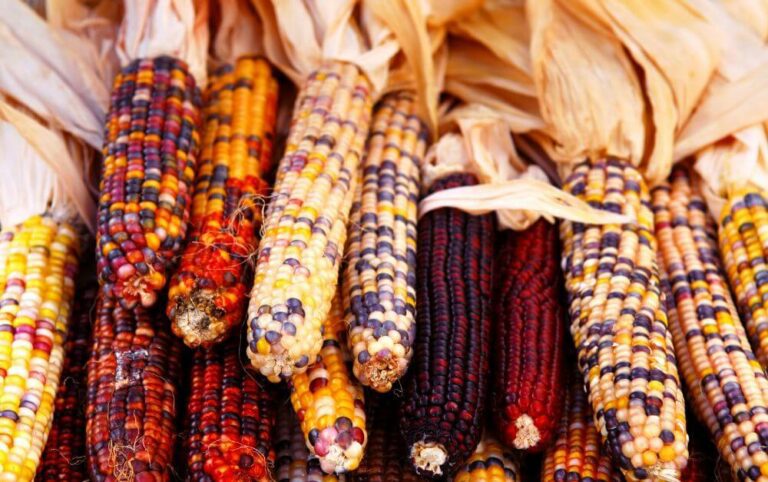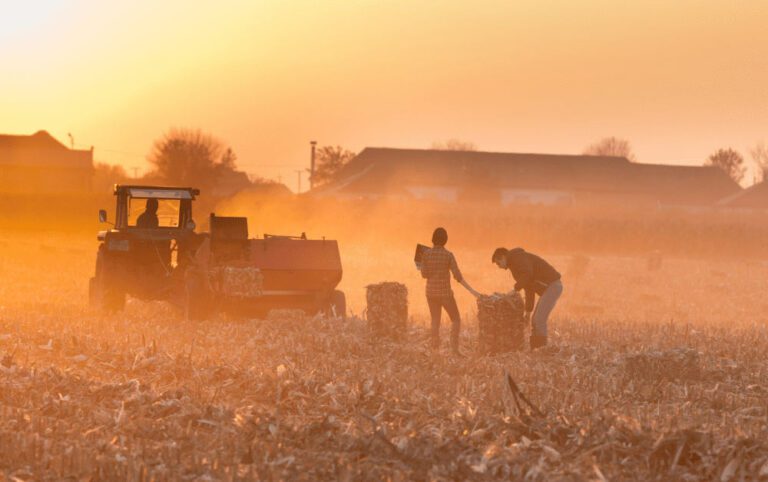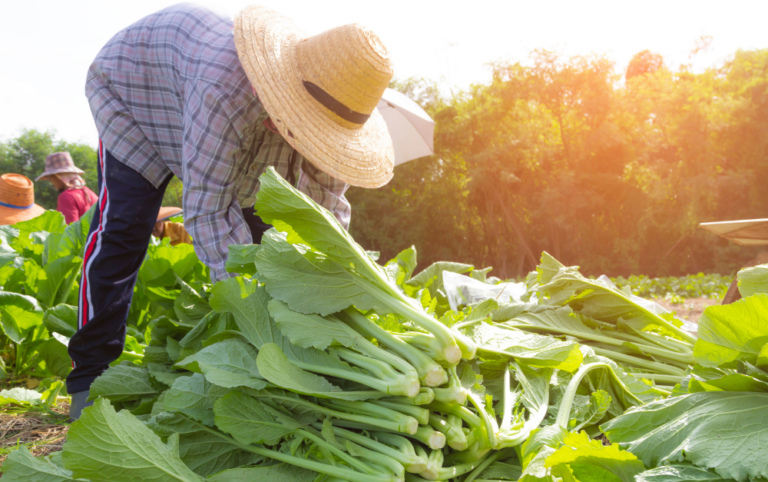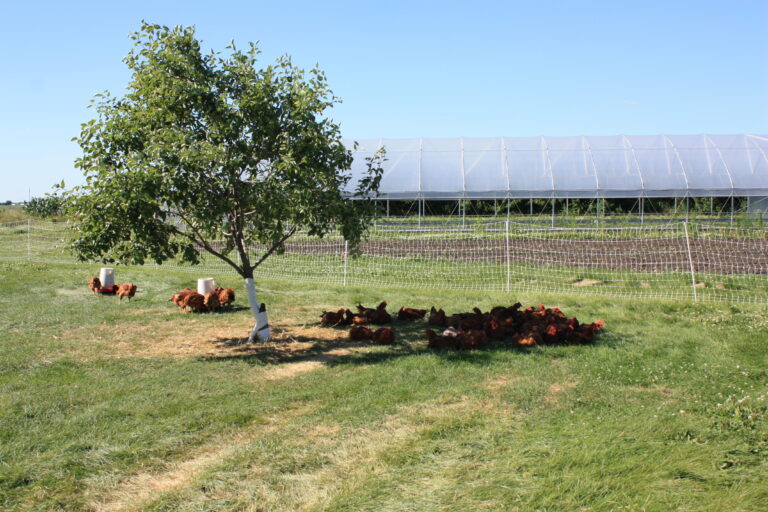On April 1, 2024, Mexico was set to follow through with its 2020 commitment to ban the toxic herbicide glyphosate (the active ingredient in Bayer’s Roundup in the USA and Faena in Mexico) by 2024. When the plan to phase out glyphosate and genetically engineered (GE) corn was originally laid out, Mexico’s government cited the purpose of the new policies as “contributing to food sovereignty and security” and the health of the Mexican people, as well as protecting native corn from contamination by GE pollen. Glyphosate is a pervasive herbicide frequently used on corn and other commodity crops, and genetically engineered corn is often modified to—among other things—be resistant to glyphosate.

News & Analysis
About every five years, the U.S. Congress passes the biggest set of food and farming policies that define the majority of federal farm, food, nutrition, and rural economic programs. At a cost of about $440 billion over five years, these programs influence: What is grown; who grows it; how it is grown or produced; what is done with those products and where they are sold; who can access and afford those goods; and how we invest in rural communities.
By supporting good legislation, opposing bad legislation, and building up a network of supporting organizations, it is our hope that we can collectively move the needle on farmworker rights in the right direction.
Watch and listen as two experienced farmers share stories and practical approaches for small-scale, diversified farms that use the principles of agroecology. This discussion may provide you with ideas that small farms where you live can adapt and thrive.
After many long days of negotiations, the U.N. Environment Programme (UNEP) made a historic move for safer food and farming by passing a resolution on highly hazardous pesticides (HHPs) that calls for action to globally phase out the use of the world’s most toxic pesticides by 2035. Tied with this resolution was the passing of a mandate for UNEP to implement this commitment by forming the Global Alliance on HHPs.
PFAS are persistent and have the potential to affect human health for many years. Some pesticides have PFAS in their formulations and others leach PFAS from their containers.
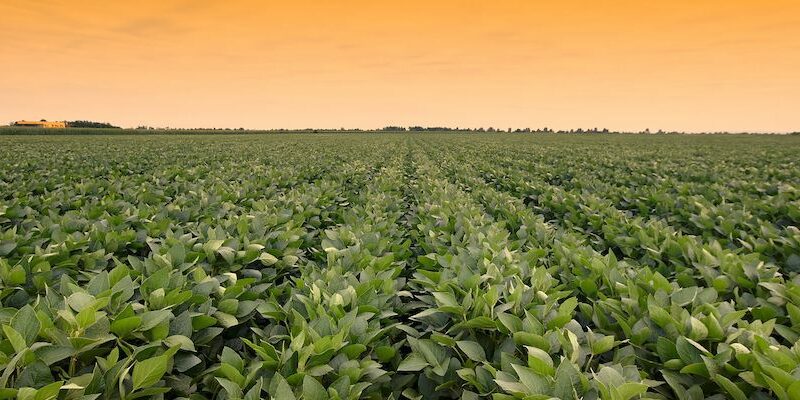
Conservationists and Farmers Sue Over Trump Administration Removal of Most Genetically Engineered Organism Regulation
July 26, 2021
Today Center for Food Safety (CFS) and allied plaintiffs filed a new federal lawsuit challenging the 2020 decision by the Trump administration’s Department of Agriculture’s (USDA) to eliminate most genetically engineered (GE) organism oversight, including future GE crops, trees, and grasses.

Guest blog: Land access for all
July 22, 2021
The land on which we grow and forage food is a complex ecosystem that supports and sustains us; how we view ourselves in relationship to the land influences how we interact with it. In modern Western culture, land is viewed as something to be owned
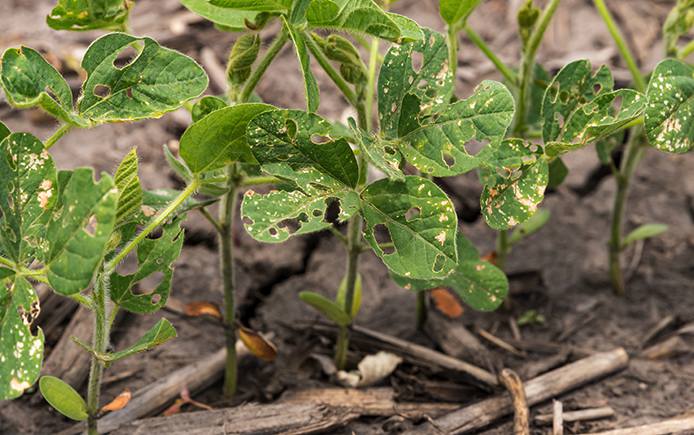
Climate change and agricultural pests: Trouble ahead
July 15, 2021
Climate change is bad news for agriculture; it’s predicted to result in crop loss as unpredictable temperatures and precipitation become more common. This is especially true in areas where food insecurity is already a threat, such as sub-Saharan Africa and parts of Asia.
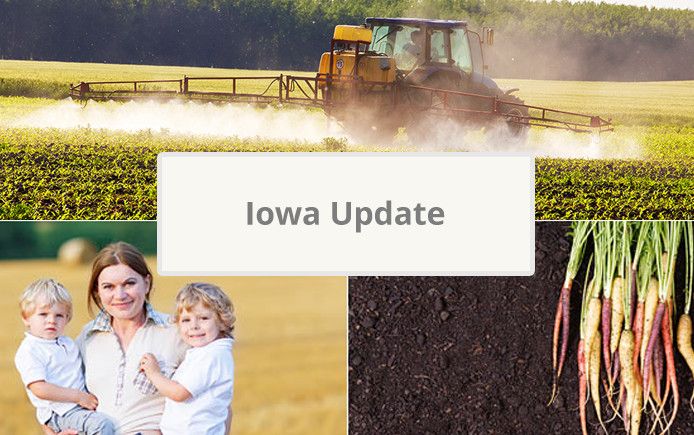
Iowa Updates: July 2021
July 9, 2021
Fields in our area have seen passes for the application of synthetic fertilizers and herbicides, some of which occurred on days where wind conditions exceeded levels for safe application and temperatures were conducive to vapor drift. Now, we are entering the application timeframe for insecticides
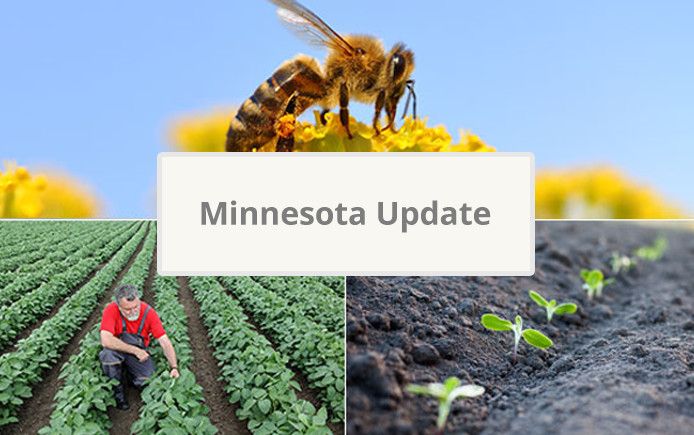
Minnesota Updates: July 2021
July 9, 2021
As Minnesota is one of the states in which PAN does on-the-ground campaign work, we send out regular updates on PAN and partners’ work in Minnesota and beyond — from pesticide-related science to opportunities to take action. If you’d like to receive these updates via email, sign up



